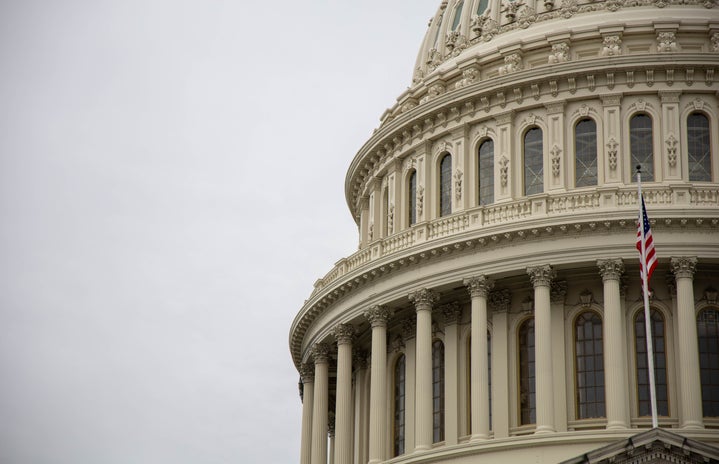Voting in all three levels of government’s elections (national, state, and local) is an essential civic duty for all American citizens, especially in our current political climate. Here are some tips to follow to ensure that you are ready for this upcoming Election Day on November 7, and all other Election Days after that!
Tip One: Check if you are registered to vote and the registration deadlines (if not registered) on your home state’s election website.
For example, I am from New Jersey, so I would check New Jersey’s website to confirm my voter registration. Most election websites have a search function where you can look up your name to see if you are on voting records. If you are not registered, there may be deadlines to register for the next elections. In New Jersey, the registration deadline is 21 days before Election Day. It really depends on your home state, so make sure you submit your registration!
You can register online or by mail. You do not have to register to be in a specific political party but know that choosing an independent or third party might limit you from voting in primary elections if you live in a closed primary state.
Tip Two: Apply for a Mail-In Ballot if you need one.
In Pennsylvania (where I go to school), there are two options for mail-in ballots. Any voter registered in Pennsylvania can request a mail-in ballot for any reason. Absentee ballots are slightly different than a normal mail-in ballot because you must have a specific reason for requesting one, like a disability that prevents you to vote in person or being out of your municipality on Election Day. You can apply for these ballots online and mail them to your county clerks or drop them off at secure Ballot Dropbox locations. With a mail-in ballot, you will be mailed a ballot to fill out and mail back to your county’s Board of Elections.
In my case, I applied for a mail-in ballot for my home county’s elections since I will be out of state on Election Day. I have to mail in my application and wait for it to be approved!
Tip Three: Do Research on Candidates.
The most important part of voting is KNOWING who you plan on voting for. With social media becoming the number one source for news, it is very easy to read misinformation about candidates, which is why I recommend going straight to a candidate’s websites. Many candidates have their stances on important
issues listed on their websites, so you will be able to get an accurate grasp of their opinions. Knowing where the candidates for whatever election you plan on voting in stand is crucial. Voting for a candidate just because they are in a specific party might not be a good option. They may not support issues that directly affect you.
Tip Four: Engage in Dialogue, Not Debate.
The United States is seeing an unprecedented level of political polarization over the past few years. One thing that I have noticed, especially within my own family, is how normalized being disrespectful of other’s opinions has become. It’s very saddening to open Instagram or TikTok and see people bashing each other over an opinion, no matter how minute of an opinion it is. I think that online we need to start participating in healthy dialogue, not debate. Dialogue allows for people to express their opinions in a way that others can learn from it, rather than arguing about who is right. Debates feel more hostile, and I honestly don’t love feeling like I’m in the wrong for simply having my own opinion about something. We can learn how to get along without letting our personal politics get in the way of a relationship!
Tip Five: Encourage Friends and Family to Vote.
Voting in local and state elections is far more important to you than national elections. Local and state governments have more of an impact on daily life than the national government does, so it is VERY important to be involved. Encourage your friends, family members, and classmates to become more educated about the election process! The more people who vote the better. Enacting change does not happen unless people vote for candidates that reflect their needs and wants for the government.
I hope that these tips help you feel more prepared for Election Day! Remember that this isn’t a to-do list but just tips. It’s okay if you don’t vote! Most eligible voters in America don’t. The good part of democracy is that you are able to choose whether or not you would like to be involved in the political processes. I encourage you to at least register to vote! It’s a good first step to becoming more politically engaged.


